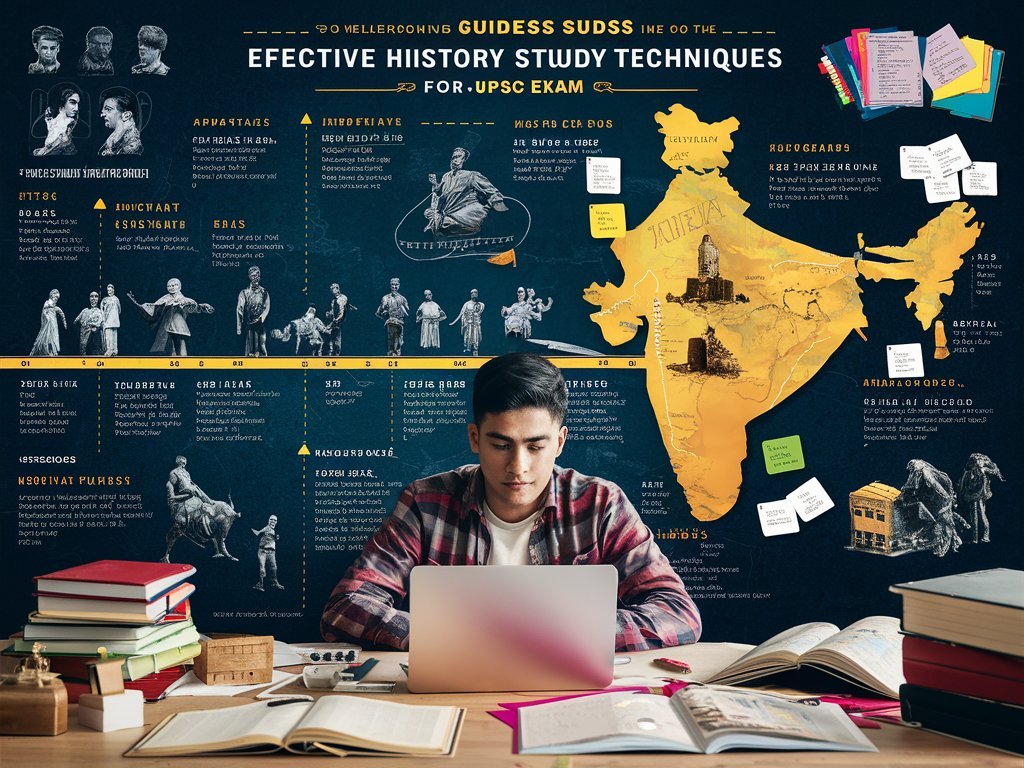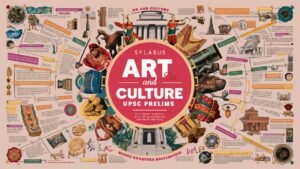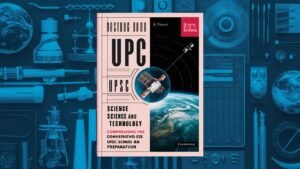
Cracking the prestigious UPSC exam requires a well-rounded preparation strategy, with a special emphasis on history. As one of the core subjects, mastering history is crucial for aspirants aiming to secure top ranks. In this comprehensive guide, we’ll explore effective techniques to study history for the UPSC, ensuring you have a solid grasp of the subject and can tackle questions confidently.
Importance of History in the UPSC Syllabus
History holds significant weightage in the UPSC prelims, mains, and interview rounds. It accounts for two papers in the mains exam, carrying a total of 500 marks. Moreover, questions related to historical events, personalities, and movements frequently appear in other sections, such as general studies and essay writing.
Developing a Strong Foundation
Before delving into specific study techniques, it’s essential to build a solid foundation in history. Start by familiarizing yourself with the UPSC syllabus and identifying the key topics and periods covered. Some fundamental areas include:
- Ancient Indian History
- Medieval Indian History
- Modern Indian History
- World History
- Art and Culture
- Post-Independence India
Read Also: How to Increase General Knowledge for IAS
Creating a Study Plan
Develop a well-structured study plan to ensure you cover all the essential topics within the given time frame. Begin by breaking down the syllabus into manageable sections and allocate sufficient time for each topic based on its importance and complexity.
Utilize Effective Study Resources
Choosing the right study materials is crucial for your success. While there are numerous options available, it’s essential to select resources that are reliable, up-to-date, and cater to the UPSC exam pattern. Some recommended resources include:
- NCERT textbooks
- Standard reference books (e.g., Bipin Chandra, Satish Chandra, Bipan Chandra)
- Previous years’ UPSC question papers
- Online study materials and video lectures from reputed sources
- Magazines and journals (e.g., Indian Express)
Read Also: How to Prepare GK for UPSC
Adopt Active Learning Techniques
Passive reading alone is often ineffective for retaining historical information. Employ active learning techniques to enhance your understanding and recall:
- Note-taking: Maintain detailed notes while studying, emphasizing key events, dates, personalities, and their significance.
- Mind maps: Create visual representations of historical periods, events, and their interconnections using mind maps or timelines.
- Discussions: Engage in discussions with study groups or mentors to clarify doubts and reinforce your knowledge.
- Quizzing: Test your understanding by attempting practice questions, mock tests, and previous years’ UPSC papers.
Read Also: Is Static GK Important for UPSC?
Focus on Key Events and Personalities
While it’s essential to have a broad understanding of historical periods, it’s equally important to delve deeper into pivotal events and influential personalities. These aspects frequently appear in UPSC questions and carry significant weightage. Analyze the causes, consequences, and lasting impacts of major events, as well as the roles played by notable figures.
Comparative Study and Critical Analysis
History is not merely a collection of facts; it’s a dynamic subject that invites critical analysis and comparative studies. Develop the ability to draw parallels between different historical periods, identify recurring patterns, and understand the underlying factors that shaped events. This analytical approach will help you tackle UPSC questions more effectively.
Stay Updated with Current Affairs
History is an ever-evolving subject, and current events often have roots in the past. Regularly follow current affairs related to history, such as archaeological discoveries, debates on historical interpretations, and the impact of past events on contemporary issues. This will broaden your perspective and demonstrate your ability to connect historical contexts to present-day scenarios during the UPSC interview.
Read Also: Stay Informed with the Latest Daily Current Affairs
Revision and Practice
Consistent revision and practice are critical for solidifying your knowledge and improving your performance in the UPSC exam. Regularly review your notes, attempt practice questions, and analyze your strengths and weaknesses. Identify areas that need further attention and adjust your study plan accordingly.
Time Management and Stress Reduction
Preparing for the UPSC exam can be demanding, both mentally and physically. Effective time management and stress reduction techniques are essential for maintaining focus and productivity. Develop a balanced routine that incorporates study, exercise, and leisure activities to prevent burnout.
Comparison of Study Techniques
Here’s a comparison table highlighting the pros and cons of different study techniques for history in the UPSC exam:
| Study Technique | Pros | Cons |
|---|---|---|
| Note-taking | Aids retention, allows personalization | Time-consuming, may miss important details |
| Mind maps | Visual representation, aids memorization | Can be complex for extensive topics |
| Discussions | Clarifies doubts, diverse perspectives | Requires access to study groups or mentors |
| Quizzing | Tests understanding, identifies weaknesses | Limited practice material available |
| Critical analysis | Develops analytical skills, deeper understanding | Requires higher cognitive effort |
| Current affairs | Connects history to contemporary issues | Constant effort to stay updated |
By incorporating a combination of these techniques, you can create a well-rounded and effective study plan tailored to your learning style and preferences.
Conclusion
Studying history for the UPSC exam requires a systematic approach, effective study techniques, and a commitment to continuous learning. By following the strategies outlined in this guide, you can develop a strong foundation in the subject, enhance your analytical skills, and tackle UPSC questions with confidence. Remember, history is not just about memorizing facts but understanding the broader context, drawing connections, and critically analyzing events. With dedication and perseverance, you can excel in this crucial subject and increase your chances of success in the prestigious UPSC exam.
Read Also: What is the Full Form of LOL in General Knowledge (GK)?
For more valuable insights and resources to ace the UPSC exam, visit Prepare4UPSC – your trusted companion on the journey to becoming a successful civil servant.

